Mindful learning can be fun......
As Holly Bradshaw (pole vaulter) prepared to compete in the Commonwealth Games on the Gold Coast in Australia [1] she revealed why what might seem to be failure can be the catalyst for a whole different way of looking at life. In an article in the London Evening Standard yesterday (12 April 2018) she revealed how important crashing out of the World Championships in London in 2017 had been in rediscovering a love of her sport and the process of competing. She said, of that heart-breaking moment, that it “made me the athlete I am now”. The desperation to win, she said, meant that she lost all perspective as to why she actually did the sport. Instead, by adopting a fun attitude to her sport she is now more relaxed, excited and confident in her own ability.
This shift from outcomes to process is so important in elite athletes. Amy Williams (former Winter Olympic and World Champion in skeleton bob), explained when commentating at the recent Winter Olympics in PyeongChang how the elite skeleton bob athletes focus; they focus not on the outcome, their possible final ranking in the competition, but on the process they have trained in, day in day out. Do what you do every day in training: the routine, getting the process right and repeating it, and enjoying it – in other words, by being in the present moment, not worrying about where you will end up on the leader board in a few minutes time. Be in the present moment, enjoy the process and let the outcome take care of itself. If you deliver what you have practised – the process – then you will do the best you can; you can do no more. That, perhaps surprisingly, is actually the opposite of perfectionism.
And the same is true of learning at school, at university – at whatever level – and in work; if you’re only focused on the outcomes and not enjoying the process you’re setting yourself up for disappointment, by worrying about the future and not being in the present moment.
Mindful learning, however, is fun; anxiety about what might or might not be is not – which do you choose? Isn’t that a no-brainer?
[1] She came fourth in the end, just missing out on a medal.
Bill Sheate, 13 April 2018

